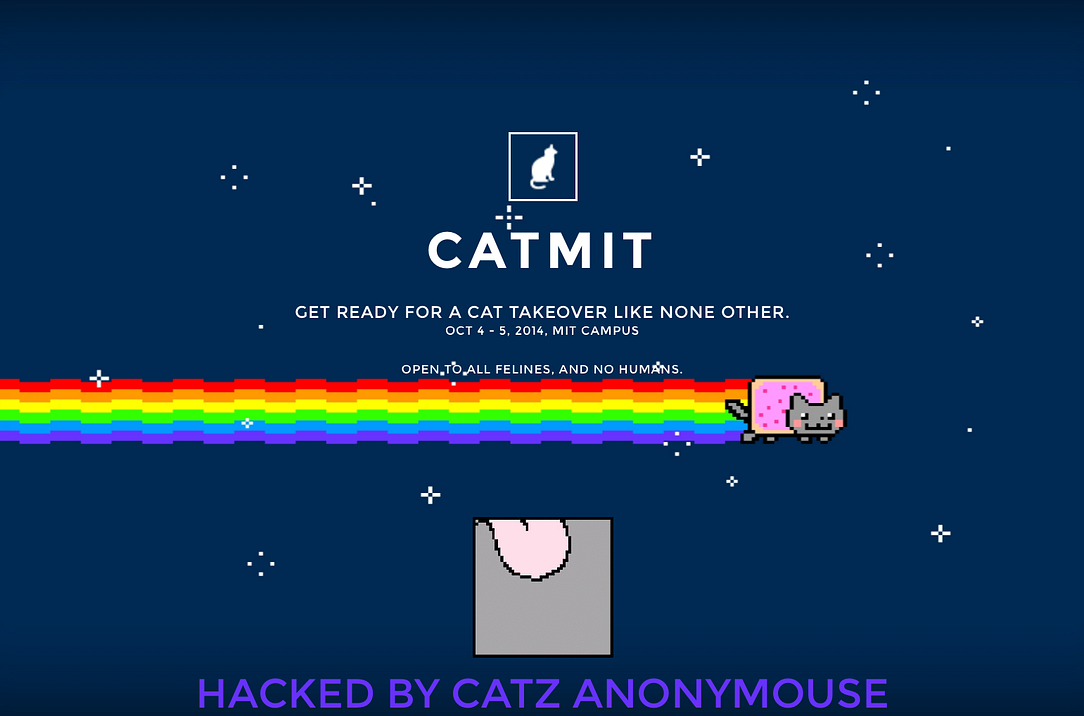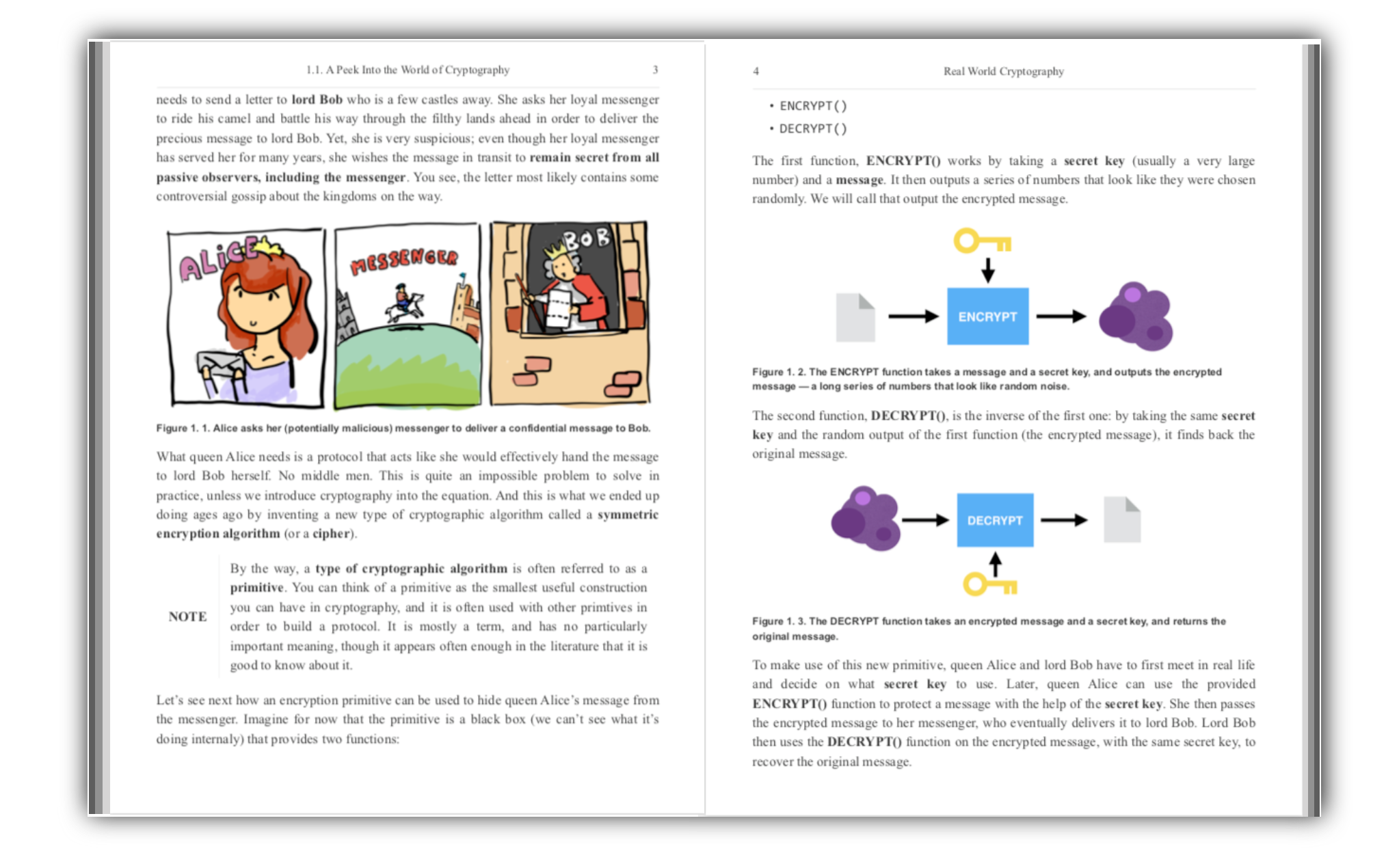BadUSB
posted August 2014
An interesting read about how any usb device could be a potential threat. Some scary extracts:
Once reprogrammed, benign devices can turn malicious in many ways, including:
- A device can emulate a keyboard and issue commands on behalf of the logged-in user, for example to exfiltrate files or install malware. Such malware, in turn, can infect the controller chips of other USB devices connected to the computer.
- The device can also spoof a network card and change the computer’s DNS setting to redirect traffic.
- A modified thumb drive or external hard disk can – when it detects that the computer is starting up – boot a small virus, which infects the computer’s operating system prior to boot.
And a scarier one...
No effective defenses from USB attacks are known.
Once infected, computers and their USB peripherals can never be trusted again.
Some proof of concept should be introduced in a week at the incoming Black Hat convention. This is gonna be good :)
EDIT:
There's actually something similar that you can already buy: The USB Rubber Duck

Pretty funny, and it's sad to see that it hasn't evolved much (besides some rare exceptions like 24 or The Social Network). For example that hacking scene in the last James Bond Skyfall. Never forget.

A nice and not too hard puzzle that could get you signed up for HackMIT, here's the write up: https://medium.com/hackmit-2014/joining-the-fancycat-club-hackmit-14-puzzle-guide-6f4ebef5b69
I've always disliked paypal but after watching that video I have a new image of Elon Musk. The guy is pretty humble, clever and knows how to explain an idea. The opposite of a Linus Torvald.
What's also really amazing to me is how diversified his vocabulary is. Here are some words I learned thanks to this video:
If you're a college student in the US today might be your lucky day. Coinbase is offering 10$ in bitcoin to students from some american universities. I guess if yours is not accepted you can ask them directly.
To support bitcoin awareness among college students, today we are announcing a bitcoin giveaway: we are gifting $10 worth of bitcoin to students who create a new Coinbase account using their .edu email address.
Here you go
Time to celebrate!
and thanks r/dogecoin for tipping me!
If you want some of my dogecoins just comment :D
I've always wondered how it is that we can't easily copy the entire content of a CD/DVD/Bluray on another one and play it with a PS1/PS2/PS3 and I guess PS4 and its competition.
Here's part of an answer on psx-scene's forum:
Whenever you insert a disc (bluray one that is) the ps3 drive will look at a special area of the disc called the Pic Zone (the BD ROM Mark is actually used in movie discs but not in game unlike what I first thought).This area cannot easily be dumped (you'd pretty much need a bluray drive with a hacked firmware) and of course that specific area cannot be burned on any kind of discs or with any kind of burners commercially available.
reading this made me apply to Sony for an internship :)
chr13 has posted a nice finding on how to DDoS a website thanks to services like facebook and google.
It's actually pretty simple!
You just create notes with img tags, facebook will crawl the website to cache the picture.
In his example he writes a thousand img tags per notes, opens all the notes from several browsers.
<img src=http://targetname/file?r=1></img>
<img src=http://targetname/file?r=2></img>
..
<img src=http://targetname/file?r=1000></img>
Thousands of get request are sent to a single server in a couple of seconds. Total number of facebook servers accessing in parallel is 100+.
The funny thought of facebook DDoSing itself crossed my mind. Interestingly someone else's also and chr13 answered that he hadn't tried:
It’s against the bug bounty rules to do this, hence one has to be careful here. I was only using browsers at first just because of that.



